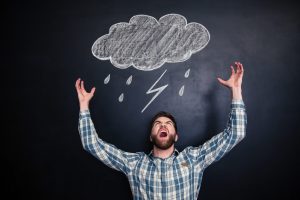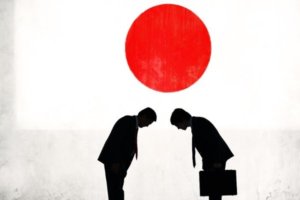Table of Contents
Why Are Press Conferences Important?
A press conference allows an organization to make large, or important announcements directly to any journalists in attendance. Journalists also have the chance to interact with executives from the organization directly and get an immediate answer to their questions (if they get the chance to ask). Since the only other option for these journalists is to set up an appointment to get an interview individually, a press conference is beneficial for both parties.

The timing of your press conference is important. Is there any other press conferences being done around the time of yours? If there is, even if this press conference is for an organization completely unrelated to yours, there is a chance that their news may hold more importance than yours in the media. Should that happen, your announcement will not get any traction which means your press conference will have ended in failure.
One simple way to avoid it is to ask your local media whether they have any upcoming events coming up. This way you can make sure the date you are planning your press conference for does not overlap any others. This also allows you to learn ahead of time what the schedules of media you want in attendance is like. Having the right media attend is vital and, of course, not all will be able to attend. Asking for their schedules ahead of time will allow most amount of media you want in attendance time to plan accordingly in order to be there.
Example of Successful Press Conference

On August 23rd, 2018 ONE Championship, Asia’s leading MMA organization, held their first press conference in Japan ever. Partnering with Gloture, Tokyo’s leading creative agency made sure that ONE Championship’s first foray into the Japanese market was a complete success. With over 330+ people in attendance, the venue was packed. Read up on this successful press conference!
Because of careful planning, ONE Championship was the biggest news that weekend. With various media, fans, and photographers in the crowd the news traveled far and wide. Had there been another press conference that weekend the ONE Championship press conference would not have been as successful as it was. Careful planning and a little research go a long way. By using a little extra precaution and organization, you can almost guarantee your press conference will catch the attention of many journalists who would be more than happy to write an article.
Top 4 Japanese Press
1. Nikkei (news media) – The Nihon Keizai Shinbun

While its newspaper version is ranked 15th, its online version is the most popular in Japan with around 3 million subscribers, and even more readers. The news reported is meant to be “Fair and Impartial.” Nikkei has staff all around the world (with 37 bases in total). You can check their English website here.
2. The Asahi Shimbun

It is one of the five national newspapers, with a high circulation. The Asahi journalists want a genuine reporting, they fight against fake news and try to find solutions to modern-day problems (such as the aging society and climate change). Their philosophy: “Think together and create together.” Check out their English version here.
3. The Yomiuri Shimbun

They want to be the most reliable and spread information quickly throughout Japan. They also have an English edition of their newspaper, called ‘The Japan News‘. In total and in Japan, their circulation is at 10 million with 296 bureaus in Japan (27 bureaus overseas).
4. The Mainichi Shimbun

With its morning and evening editions, the Mainichi Shimbun circulation is ranked fourth among Japanese media, and in 2022, it will be the 150th anniversary of the newspaper. They also have an English website, here.
Media in General
Note that in Japan, television remains the most used media (fiscal survey in 2018). People spend around 2hrs 36min a day on weekdays and 3hrs 40min a day on holiday (including weekends) watching television. Internet is the second most used media, users spending time on YouTube, social media or reading online newspapers.
Concerning the degree of trust, newspapers are trusted at 68.6%, television at 63.7%, the Internet at 32.2% and magazines at 16.8% according to Nippon.com.

If you need help, contact us! We have connections to more than 360 media, including MSM (mainstream media).
Reference
www.nikkei.co.jp/nikkeiinfo/en/about/
www.asahi.com/corporate/guide/outline/11182901
www.nippon.com/en/japan-data/h00562/tv-still-well-ahead-of-the-internet-in-japanese-media-popularity.html
www.yomiuri.co.jp
www.allyoucanread.com/japanese-newspapers/

















